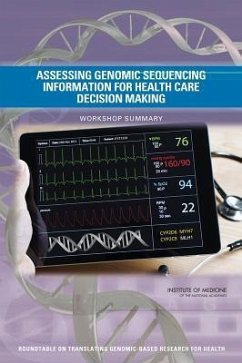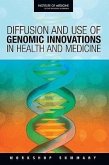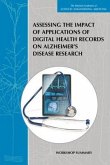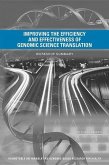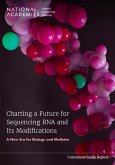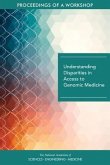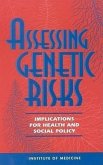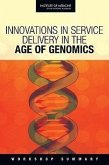Rapid advances in technology have lowered the cost of sequencing an individual's genome from the several billion dollars that it cost a decade ago to just a few thousand dollars today and have correspondingly greatly expanded the use of genomic information in medicine. Because of the lack of evidence available for assessing variants, evaluation bodies have made only a few recommendations for the use of genetic tests in health care. For example, organizations, such as the Evaluation of Genomic Applications in Practice and Prevention working group, have sought to set standards for the kinds of evaluations needed to make population-level health decisions. However, due to insufficient evidence, it has been challenging to recommend the use of a genetic test. An additional challenge to using large-scale sequencing in the clinic is that it may uncover "secondary," or "incidental," findings - genetic variants that have been associated with a disease but that are not necessarily related to the conditions that led to the decision to use genomic testing. Furthermore, as more genetic variants are associated with diseases, new information becomes available about genomic tests performed previously, which raises issues about how and whether to return this information to physicians and patients and also about who is responsible for the information. To help develop a better understanding of how genomic information is used for healthcare decision making, the Roundtable on Translating Genomic-Based Research for Health of the Institute of Medicine held a workshop in Washington, DC in February 2014. Stakeholders, including clinicians, researchers, patients, and government officials, discussed the issues related to the use of genomic information in medical practice. Assessing Genomic Sequencing Information for Health Care Decision Making is the summary of that workshop. This report compares and contrasts evidence evaluation processes for different clinical indications and discusses key challenges in the evidence evaluation process.
Hinweis: Dieser Artikel kann nur an eine deutsche Lieferadresse ausgeliefert werden.
Hinweis: Dieser Artikel kann nur an eine deutsche Lieferadresse ausgeliefert werden.

